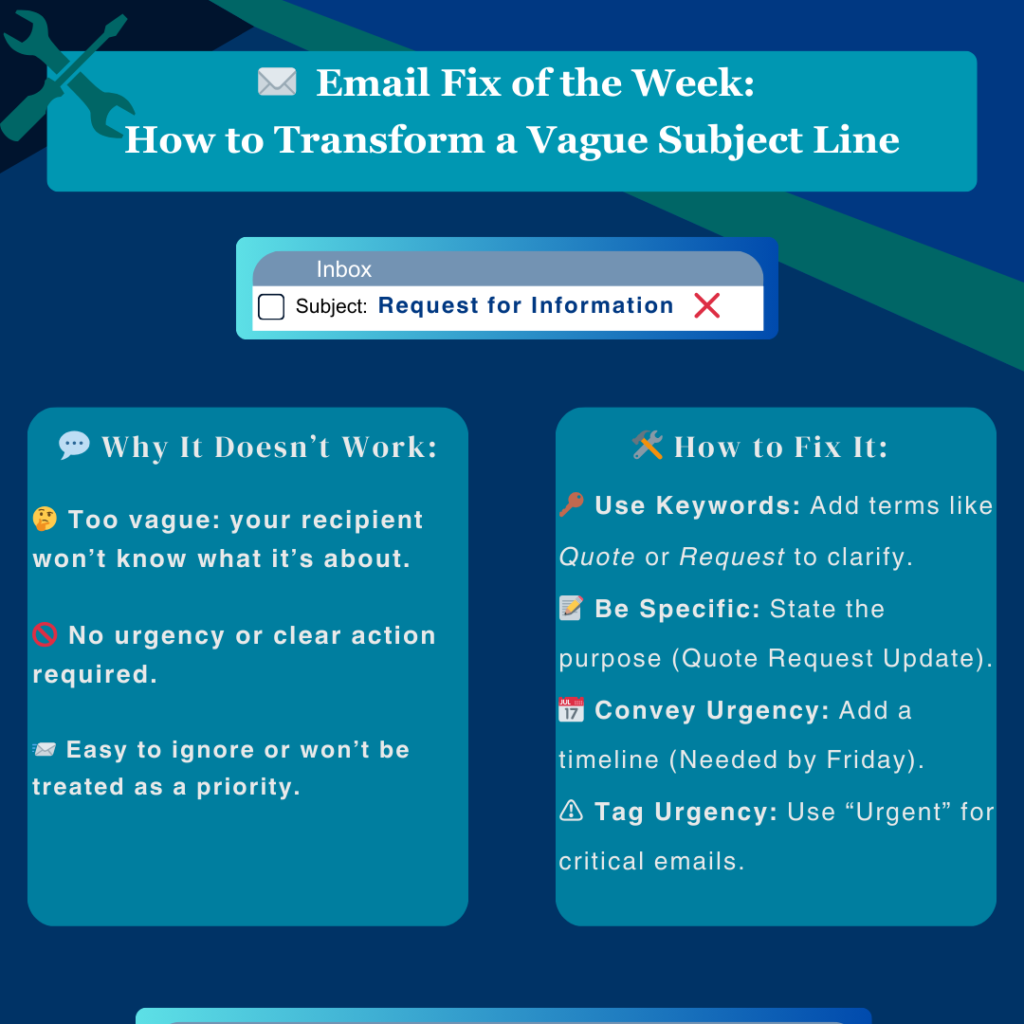This client used ALL CAPS in his emails… but not for the reason you think!
I once worked with a client who sent an email entirely in ALL CAPS. The first time I opened it, my heart nearly jumped out of my chest.
But guess what? For him, ALL CAPS just meant “urgent”. 😅
And that’s exactly the problem with email communication – it’s easy to misread tone.
Let’s talk about ALL CAPS (also called ALL CAPITAL LETTERS) and why they can cause confusion.
📧 Why Some People Use ALL CAPS:
↳ To emphasize key points or show urgency
↳ Because they’re unfamiliar with formatting tools like bold or italics
↳ Out of habit from typing on systems that require ALL CAPS
↳ For readability (some with visual impairments prefer it)
↳ As a leftover from legal writing, where all caps signal “conspicuous” language
↳ Or simply… they forgot Caps Lock was on!
🧠 But Here’s How It’s Often Perceived:
→ Like you’re shouting
→ Aggressive or demanding, even when that’s not your intention
→ Emotionally triggering: the reader might feel attacked or annoyed
→ Unprofessional: it can damage your credibility
→ Spammy: ALL CAPS can trigger spam filters
This happens because emails lack nonverbal cues like tone of voice and facial expressions. What might feel neutral to you can come across very differently on screen.
So what can you do instead?
✅Use bold or italics for emphasis
✅ Keep your language clear and concise
✅ Add an exclamation mark (just don’t overdo it)
✅ Break up your text into paragraphs, bullet points, or numbered lists
✅ Write a direct subject line so your reader instantly knows why you’re writing
Your turn:
Have you ever received an email in ALL CAPS?
Was there something in this post that surprised you — or something you’d add?
I’d love to hear your thoughts.





